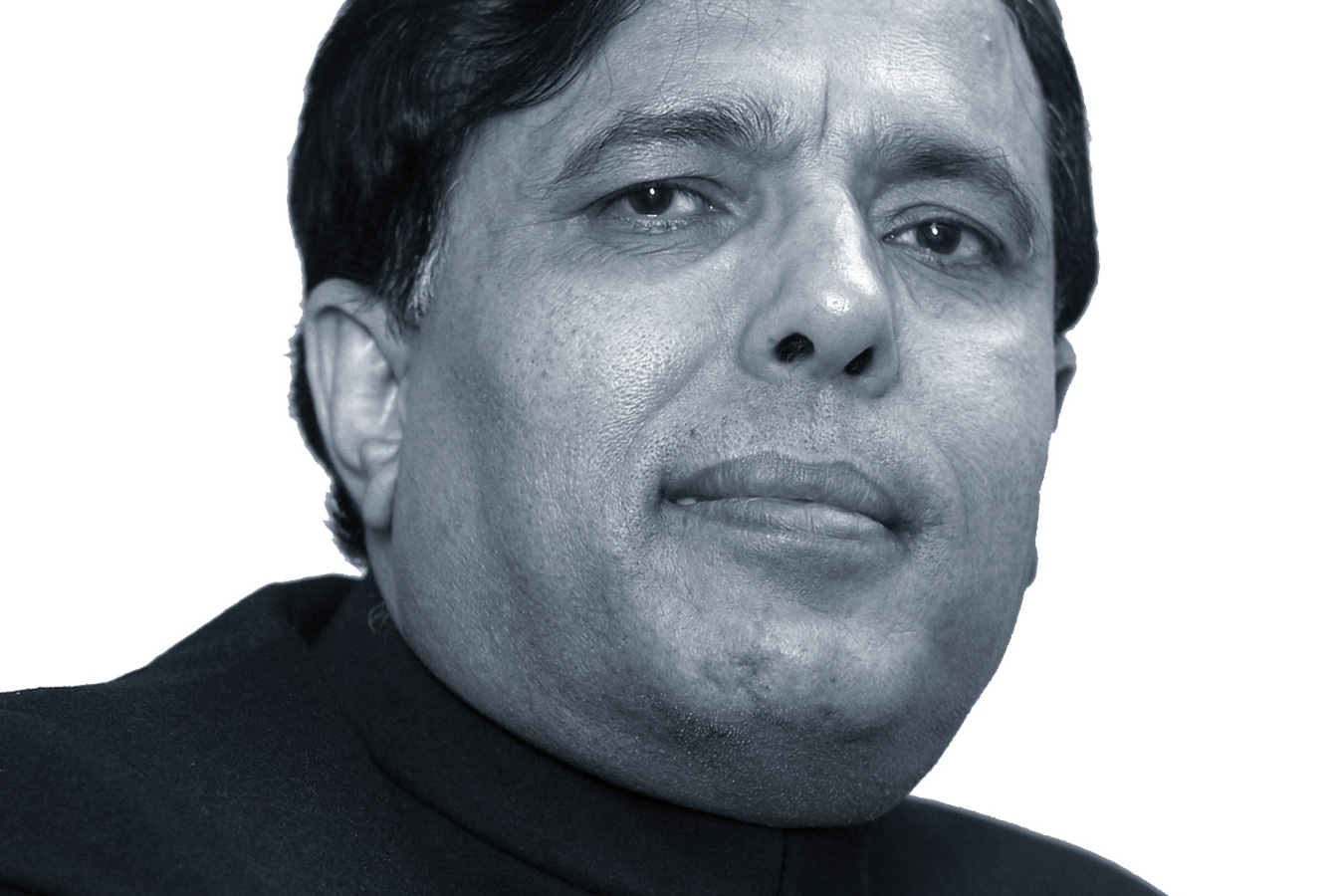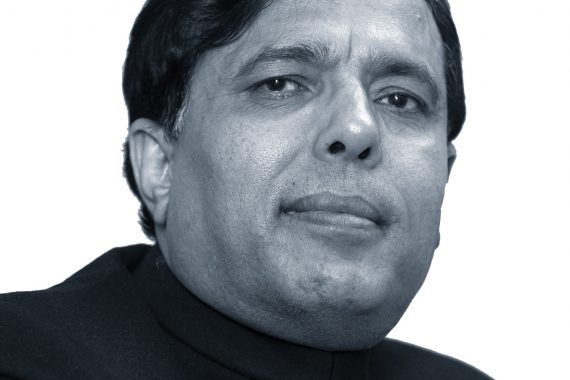
Medical science has made great strides in the 36 years I’ve been a GP, and, as a society, we are living longer lives. On the surface, this sounds like a success, but these extended lives aren’t always healthy, happy ones. A recent paper by the BMA draws attention to the need to prioritise healthcare prevention and tackle the leading causes of preventable long-term conditions.
Across the UK, there are an estimated 15 million adults living with long-term health conditions. Since 2003, the amount of hospital admissions from those with more than one long-term health condition has increased by over 200%. There are over 55,000 new cases of breast cancer in the UK – around 15% of all cases. The next most common cancers, prostate and lung, account for about a quarter of all cancer cases.
Aside from cancer, conditions caused by hypertension, such as coronary heart disease and strokes, affect millions and take many lives especially, when this high blood pressure is undiagnosed.
While liver disease in generally decreasing among our European neighbours, deaths from liver disease are increasing in this country. For instance, almost 21,600 deaths a year are caused by Type 2 diabetes.
By 2050, it’s predicted that two million people will be living with dementia due to our ageing population, and long-term health problems often come hand-in-hand with mental illness. Nearly a third of people with a chronic health complaint also suffer with mental health.
Our health is too precious to be ignored… Our children will thank us
It seems like a dreary forecast, especially when you look at this picture and see several missed opportunities to correct the health of our nation, like many doctors do when they’ve noticed the increasing demand for GP appointments. But the silver lining to this stormy cloud is that these conditions have preventability in common. They’re largely based on lifestyle changes, so stopping smoking, eating more healthily, and exercising more have a role in avoiding them. So, what are our leaders doing about this problem, that simply can’t be ignored any longer?
Politicians and policymakers openly recognise the relationship between lifestyle and poor health. In his first speech as health secretary, Matt Hancock said that everyone has a part to play in preventing ill health, ‘from the education we receive, to the home we live in to, to the job we do .. all of this shapes our physical and mental health.’
If the minister does believe this, he must agree that reversing the swathe of £550m’s worth of public health cuts to council budgets, yearly decreasing from now until 2021, would be a sensible place to start.
Because the other tragedy of preventable illness is that the most deprived are most at risk. Life expectancy varies by decades between prosperous districts and those where unemployment and poverty are rife. The health service has been slow to respond to these societal changes, now and in previous years, when within these changes lie the secret to the NHS’s long-term sustainability. Lifestyle principles across the board are much more powerful than anything a doctor can do for his patients. Significantly more than 90% of modern diseases are preventable through education. A heart attack can cost £20,000 to treat. If it can be prevented, there are huge cost implications. I would estimate that 50-70% of my patients’ medical costs wouldn’t just be reduced, but eliminated, if their diets were healthier and they exercised more.
You would hope that bureaucrats might see merit in the economic case for prevention, even if they can’t see that it’s unacceptable for so many people to be needlessly dying. Preventable ill health accounts for an estimated 50% of all GP appointments, and the demand on health services could be cut by as much as approximately 40% with the right investment in services to reducing smoking, alcohol consumption, physical inactivity and poor diet. All in all, this could save the NHS billions of pounds.
Where could our leaders start? Our health is too precious to be ignored when Parliament debates our laws, so Government needs consider health in all laws. This means increasing the tax on cigarettes, introducing a minimum unit price for alcohol and restricting the marketing and promotion of unhealthy food and drinks. Our children will thank us.
The NHS long term plan has ambitions to prevent 150,000 heart attacks, strokes and cases of dementia in England over the next ten years. But how, without adequate funding, workforce, training, resources and culture changes? This, too, would turn out to be another pipe dream!
Dr Kailash Chand OBE is a retired GP in Tameside

















